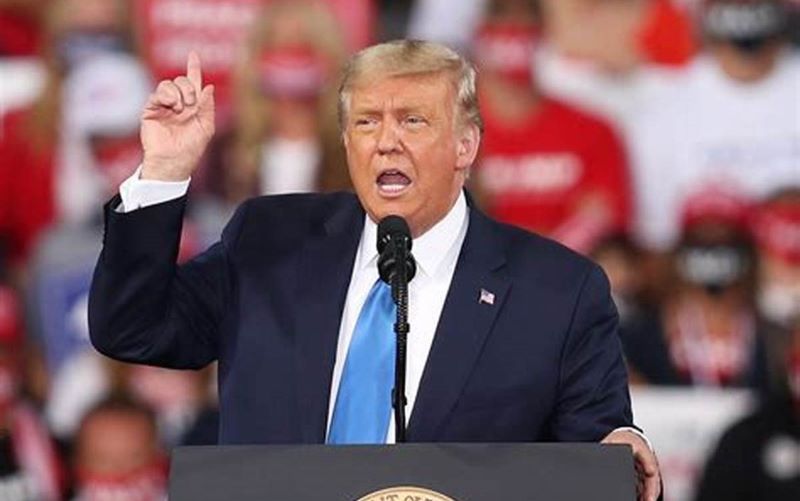In a recent rally in South Carolina, former President Donald Trump ignited controversy with remarks suggesting a wavering commitment to NATO allies, particularly in the face of Russian aggression. Donald Trump recounted a hypothetical scenario. Allegedly, he advised a NATO member that failed to meet defense spending obligations. He stated that he would not come to their aid if attacked by Russia. These comments have raised serious concerns about the cohesion and effectiveness of the NATO alliance. They come at a time of heightened geopolitical tensions.
Undermining Collective Defense
According to Barron’s, Trump’s statement, delivered in his characteristic provocative style, has drawn widespread criticism from both domestic and international quarters. Critics argue that such remarks undermine the core principles of NATO. Particularly, they point to Article 5, which stipulates that an attack on one member is considered an attack on all members, obliging collective defense.
Affirming NATO’s Unity
The timing of Donald Trump’s remarks is particularly significant. Given Russia’s recent actions, including the invasion of Ukraine and bombings of civilian areas, it is evident that the situation is increasingly concerning. Threats directed towards neighboring countries contemplating NATO membership further amplify the urgency for immediate attention. Such provocations underscore the importance of a unified and unwavering commitment to collective defense among NATO members.
Condemnation and Concern
According to a Wall Street Journal report, NATO Secretary-General Jens Stoltenberg condemned Trump’s comments. He emphasized that any suggestion of wavering commitment to collective defense undermines the security of all alliance members. Stoltenberg reaffirmed NATO’s expectation that the United States, regardless of political leadership, remains a steadfast and committed ally within the alliance.
Questions on Confronting Russian Aggression
Trump’s remarks also coincide with his opposition to increased U.S. military aid for Ukraine. This raises concerns about his willingness to confront Russian aggression in the region. His affinity for Russian President Vladimir Putin has been demonstrated, particularly during their 2018 Helsinki summit. This further compounds worries about his stance on confronting authoritarian regimes.
Reinforcing Multilateral Alliances
The broader implications of Donald Trump comments extend beyond partisan politics, highlighting broader concerns about the direction of U.S. foreign policy and its implications for global security. In a world of increasing geopolitical tensions, unified resolve among NATO allies is now more essential than ever.
The Imperative of Collective Security
As the international community grapples with evolving security challenges, Trump’s remarks serve as a stark reminder of the enduring importance of collective security arrangements. They also highlight the consequences of undermining such arrangements. The fallout from his statements underscores the imperative for policymakers. They need to reaffirm their commitment to multilateral alliances and uphold the principles of collective defense in an increasingly uncertain world.

